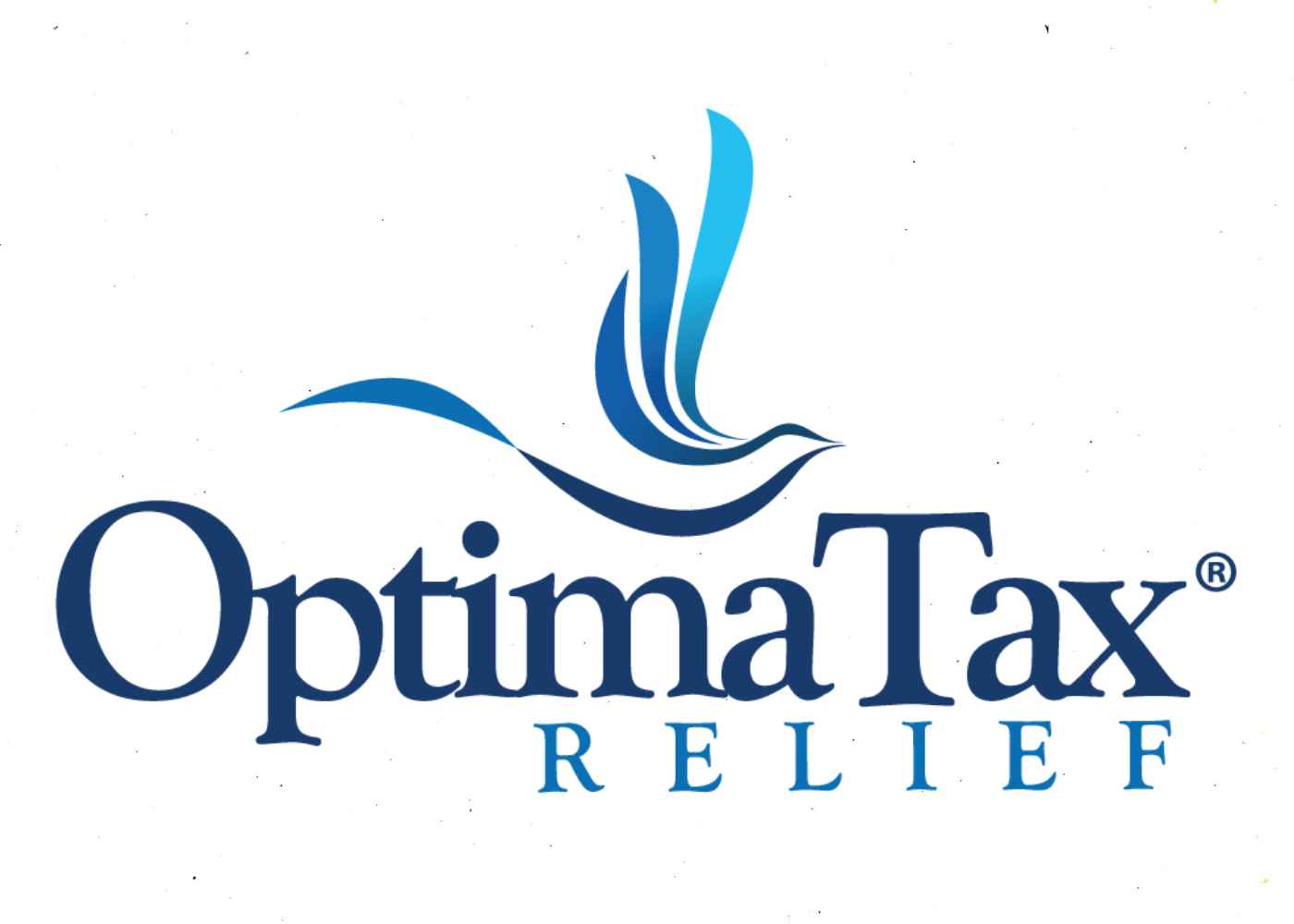
A modest company HRAs, also known as qualified small employer health reimbursement arrangements (QSEHRAs), are health-care reimbursement plans for employees of firms with less than 50 full-time employees. Employees receive money tax-free, while employers are able to deduct it.
A Qualified Small Employer Health Reimbursement Arrangement (QSEHRA) is a type of health reimbursement plan for small businesses.
When a company decides to offer a QSEHRA, it commits to reimburse employees for healthcare-related expenses up to a certain limit each year. Employees who meet the eligibility requirements can enrol during open enrollment or after a qualifying life event, such as marriage or divorce.
Reimbursements can be used to pay for approved medical expenses, such as copayments for doctor's office visits, medicines, and lab work, as well as premiums for health insurance acquired on the open market. Employers may limit, but not enlarge, the list of acceptable charges, and employees must produce documentation of their real medical costs to be reimbursed.
An employer having a QSEHRA can compensate single employees up to $5,450 per year and families up to $11,050 per year in the 2022 tax year. These values are up from the $5,300 individual and $10,700 family coverage maximums of the 2021 tax year.
Because the employer is entitled to a business tax deduction and the benefit to employees is tax-free, the Internal Revenue Service (IRS) sets the restrictions.
The Health Reimbursement Arrangement for Qualified Small Employers has a long history (QSEHRA)
The QSEHRA was signed into law by former President Barack Obama on December 13, 2016, as part of the 21st Century Cures Act, and the plans were made available to employees on March 13, 2017.
Between 2014 and 2016, small firms that offered health reimbursement arrangements (HRAs) faced an issue, which was addressed by the act. Small firms could face $100 per employee per day in penalties if they are not in compliance with the Affordable Care Act during this time (ACA).
A Health Reimbursement Arrangement for Qualified Small Employers (QSEHRA) Eligibility
A company must have less than 50 full-time employees, offer the QSEHRA on the same conditions to all full-time employees, and not offer a group health plan or a flexible spending agreement (FSA)—a QSEHRA is not a group health plan.
HRAs may be offered exclusively as a supplement to group health insurance, such as a preferred provider organization (PPO) or a health maintenance organization (HMO) plan, by medium and large businesses. HMO and PPO plans are not available to sole proprietors, partnership partners, or self-employed businesses.
Compliance with the QSEHRA (Qualified Small Employer Health Reimbursement Arrangement)
To comply with the law, a QSEHRA must provide equitable benefits to all employees covered by it. Contributions from the employer must be equal for each employee's account.
Employers are not obligated to give benefits to new, part-time, or seasonal employees. They must, however, cover all full-time employees if they provide a QSEHRA. Because these arrangements are governed by the Affordable Care Act, participants must show that they have the ACA's minimal essential health coverage.
The Employee Retirement Income Security Act (ERISA) oversees QSEHRA programs as well (ERISA). Employers must provide employees with a short plan description that explains the advantages of their plan per ERISA regulations.
Finally, if an employer provides another type of group health insurance, the QSEHRA plan is no longer allowed.
But you should remember the following:
1. Small company employers can offer a QSEHRA, which is a health expense reimbursement plan.
2. Businesses can deduct the costs refunded, and employees can claim them tax-free.
3. The plan can be used to pay for uncovered medical bills or to supplement health insurance coverage.




















Comments (0)
Write a Comment